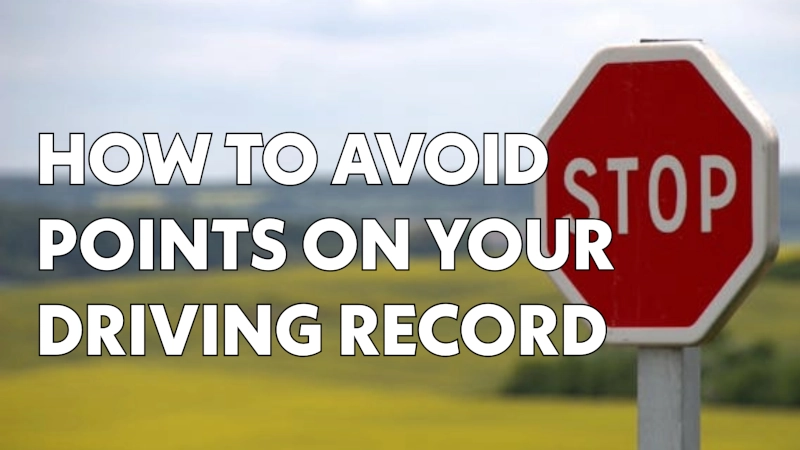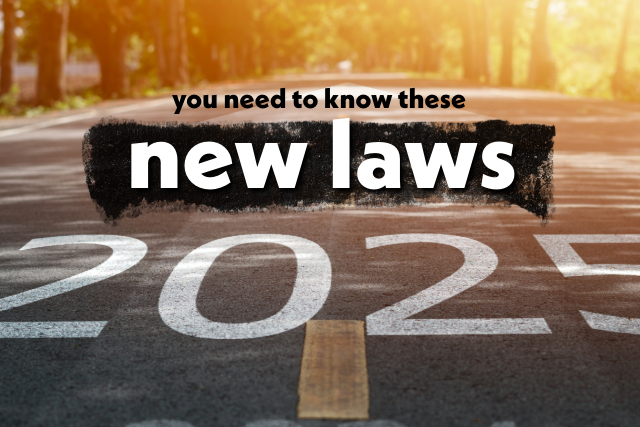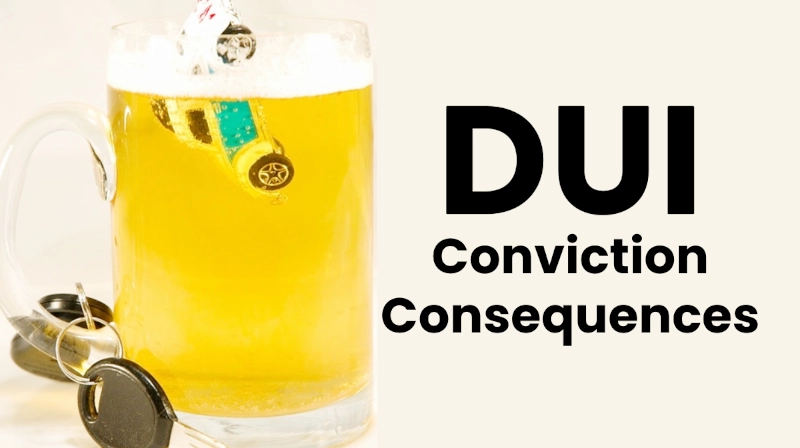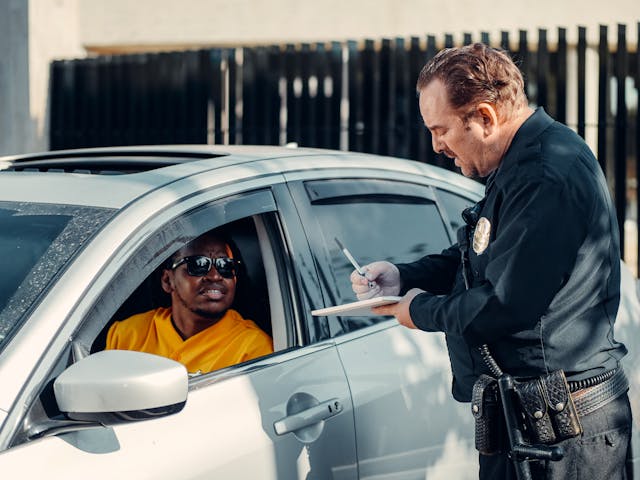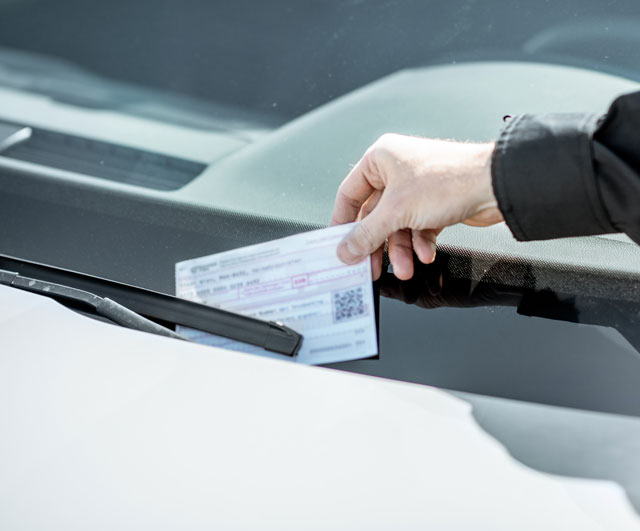You were only trying to get to the store before it closed. The person in front of you was going so slow, you had to change lanes and speed up or you’d be out of groceries the entire weekend. So you took a chance, drove over the speed limit, may have ran through a quick red light, and ended up getting pulled over. Now, you have a traffic ticket and points on your driving record. What do you do next?
Traffic tickets are minor offenses that happen while your vehicle is moving. Broken headlights, running a red light, or speeding are all common types of traffic violations. While traffic ticket fines vary between states, in California, it depends on the type of violation and “additional penalty assessment fees.” Some of those fees include a state penalty assessment, a court facility construction assessment, or a DNA identification fund penalty assessment. A base fine of $35 could eventually end up costing over $100 after those additional fees and the state of California also adds a surcharge of 20% to all tickets issued. This all comes before potential points added onto your license, which could cause your insurance to increase.
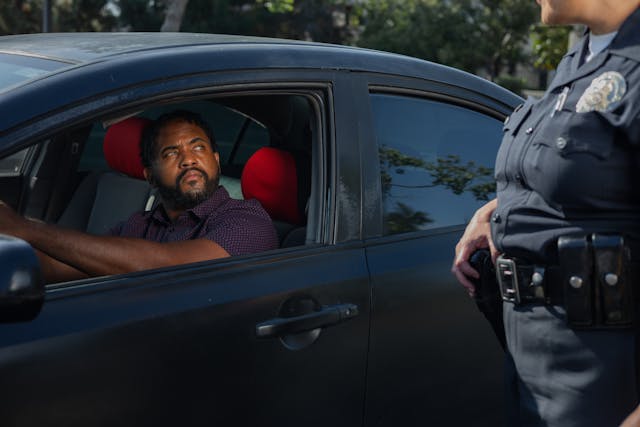
Driving Record Consequences from Traffic Tickets
Points on your license aren’t just about insurance rates. The reason a driving record is so important is because it ends up permanently on a record that’s visible to employers and background checks. These records, which are available through every state’ motor vehicle agency, can go back at least three or more years. Enough points on your license could get you fined, your license suspended, or even removed.
The California’s DMV Point System Explained
In California, the Department of Motor Vehicles (DMV) uses a point system to monitor and penalize drivers for traffic violations. When a driver commits a traffic offense, points are added to their driving record. The severity of the offense determines the number of points assigned. For example, minor infractions like speeding slightly over the limit may add one point to the record, while more serious violations, such as reckless driving or DUI (driving under the influence), can add two points. Accumulating points on your driving record can lead to higher insurance premiums, as insurers view drivers with more points as higher risk.
The accumulation of points over a certain period can also lead to further penalties from the DMV. If a driver accrues four points in 12 months, six points in 24 months, or eight points in 36 months, they may be considered a negligent operator and could face suspension or revocation of their driver’s license. This system aims to encourage safe driving practices by penalizing repeated offenses and discouraging risky behavior on the road.
How Long Do These Points Stay On Your Record?
1-point violations usually remain on your record for 3 years.
2-point violations generally remain for 10 years, but some severe offenses, like DUI, may stay longer.

Your Options After Getting a Ticket
All of this sounds grim, but there’s a few things you could do once you get a ticket. The first is to, of course, pay it. This means you are not contesting it and you are “pleading guilty.” If you get a ticket that affects your driving record, you can choose to go to traffic school for a fee, which may help you reduce points on your license. To be eligible for driving school you must have a valid driver’s license, have a ticket that is related to a non-commercial vehicle, and, within the last 18 have not attended traffic school. You will receive a notice from the court to let you know if you are eligible. If money is an issue, you can ask the court to lower the cost of your ticket in person or on the website.
I Was Wrongly Ticketed—What Now?
If you feel you were wrongly ticketed, you can contest and plead not guilty in court. When you contest your ticket, you are asking for a trial. If you feel you have a good chance of fighting your ticket, this is when an attorney can be extremely helpful. Hiring a traffic ticket defense attorney can help you save time by having them do all the heavy lifting like paperwork and sifting through legal jargon. A ticket attorney also knows how to present cases in court and deal with any complications that may arise. An idea that may be overlooked is that hiring an attorney can help you save money. With their extensive knowledge, they know how to reduce fees and surcharges, as well as preventing insurance costs.
Getting a traffic ticket can be scary, and fighting it yourself can be even scarier. If you find yourself with a traffic ticket, don’t panic. You have options and you have help. Contact Saam Borhani today—he’s worked on thousands of traffic ticket cases.
Serving Southern California including: Kern County, Ventura County, Los Angeles County and beyond.
Sources:
Selfhelp.courts.ca.gov
ajs.org
dmv.org
auto.howstuffworks.com
openai.com


